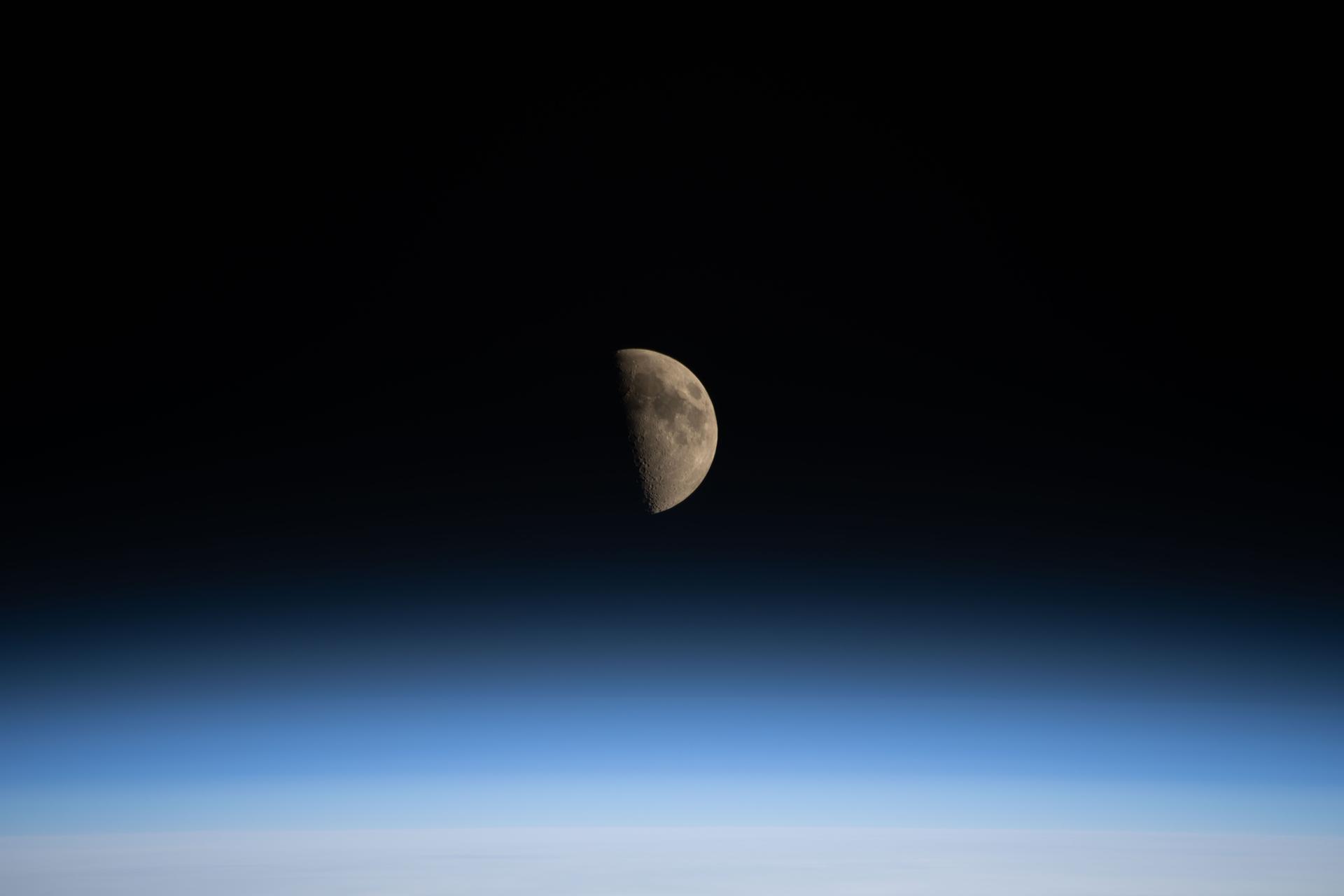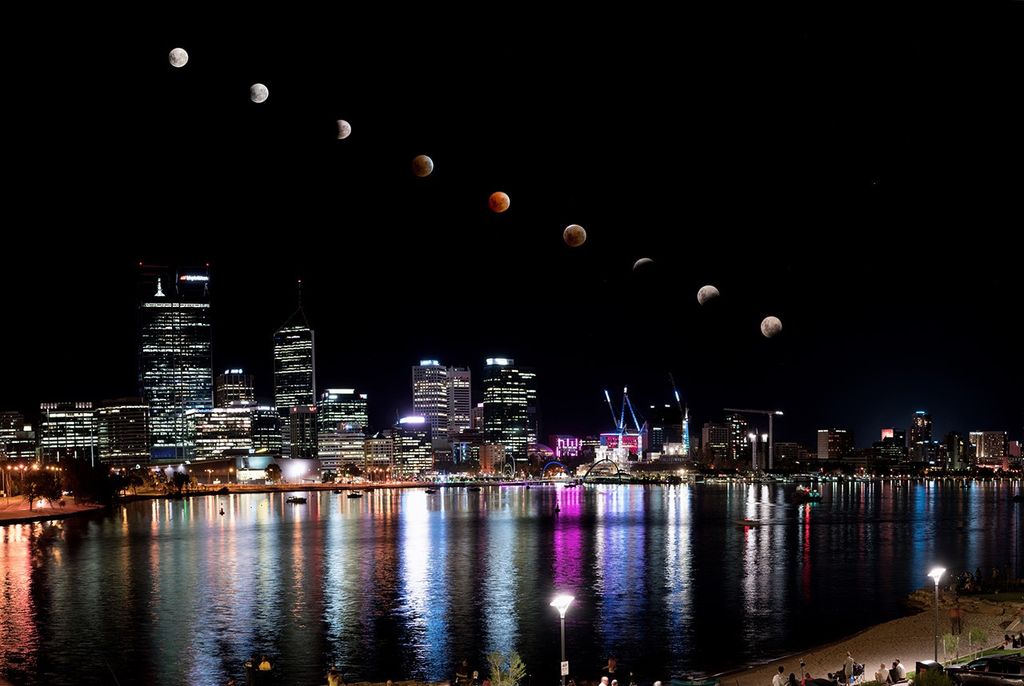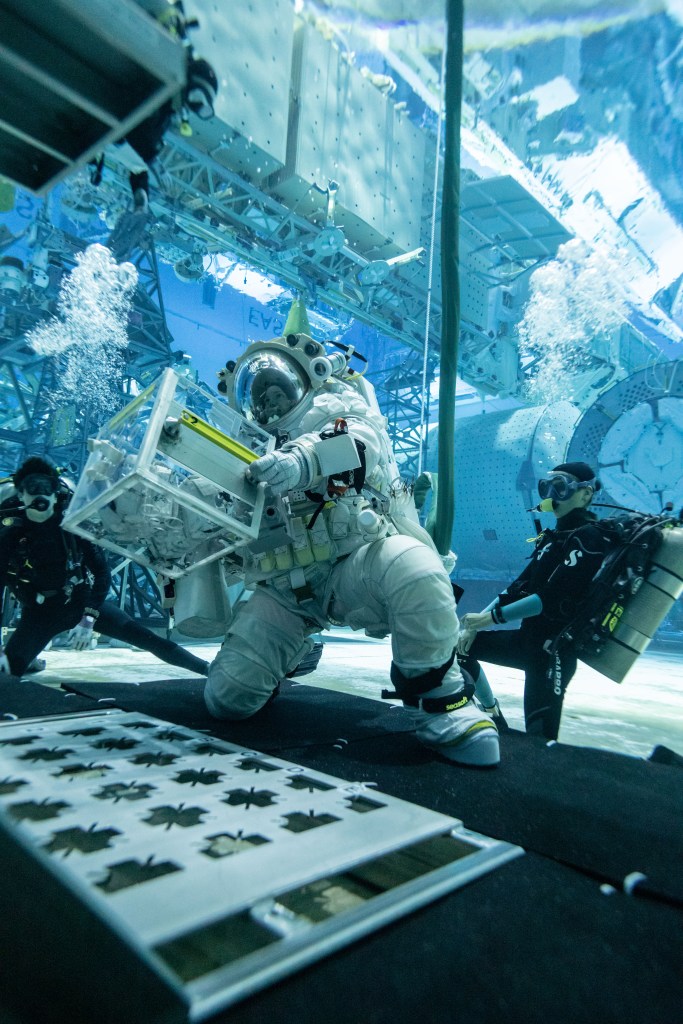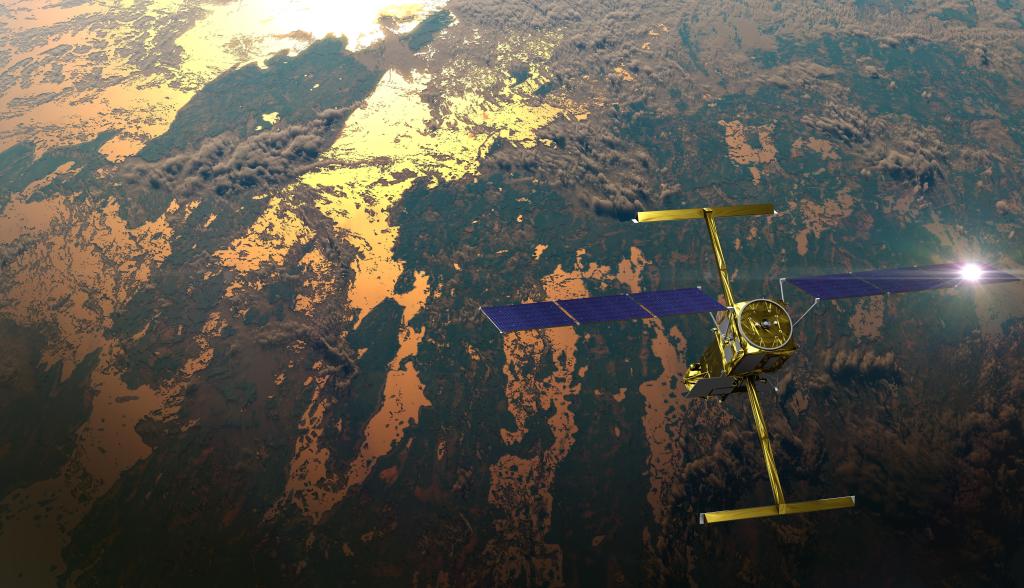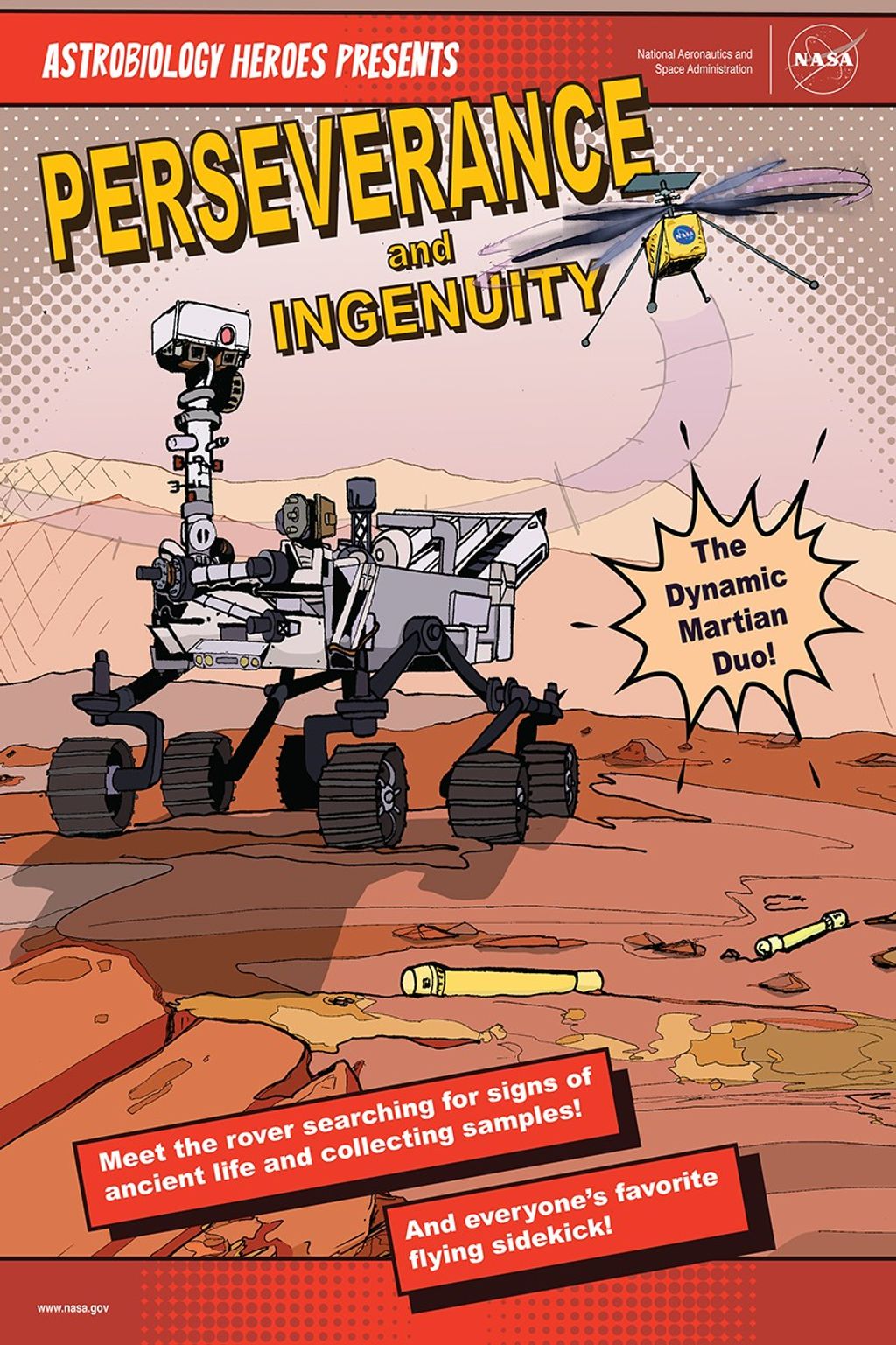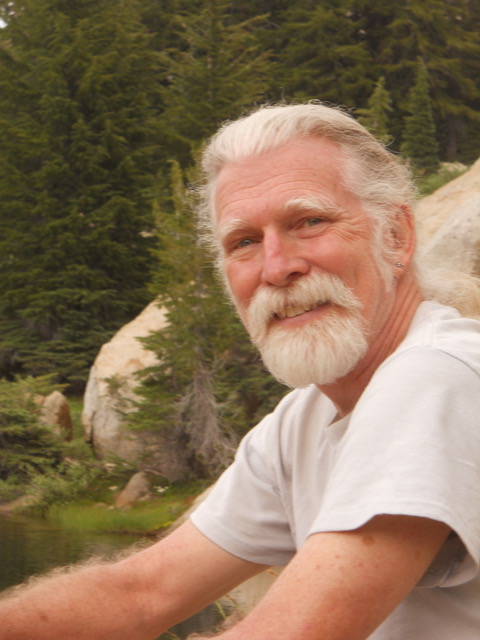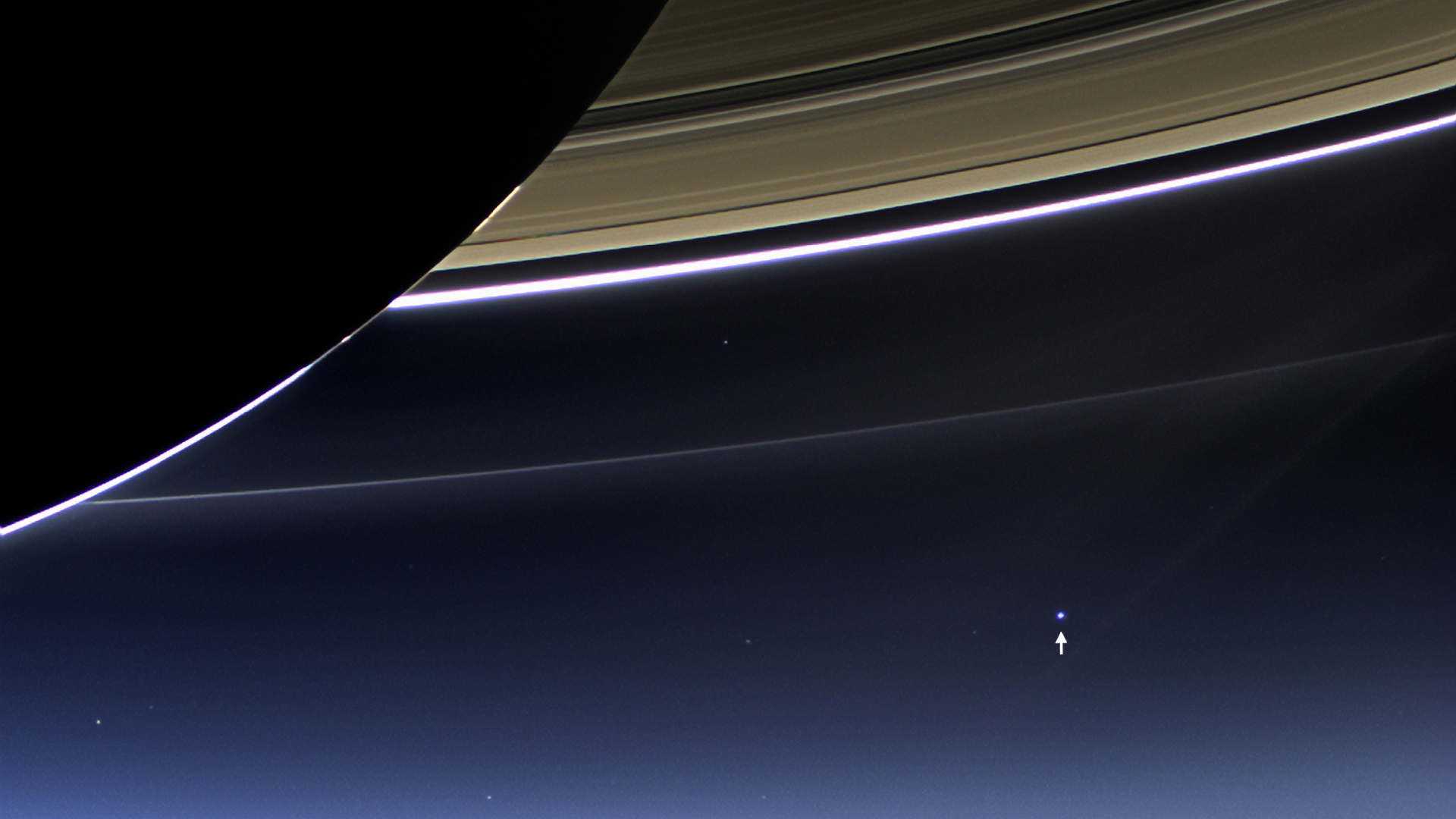-
Where are you from?
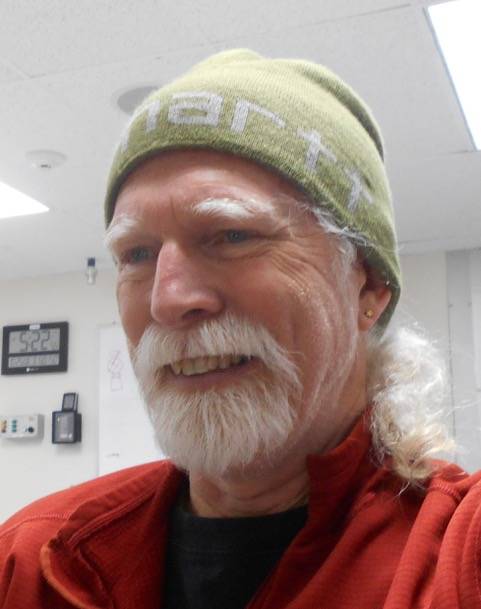
I grew up in a very small town in Western Pennsylvania, Oakdale. It is halfway between Pittsburgh and West Virginia. People there worked in the coal mine or for the railroad. My father was a third-generation railroad worker; my brother and I were expected to work for the railroad, but neither of us did. My mother was a homemaker early on, then went back to school and became a hospital medical record person.
- What got you into Space Sciences? How did you get interested in Astronomy?
Ever since I can remember I was fascinated by the night sky. I love science. I read all kinds of books. I played outside a lot. I was interested in physics, in chemistry, in astronomy. I messed up my mother’s kitchen many times doing experiments. I blew things up in the basement. I built a telescope in my backyard. Rarely did I have a time that I can remember that I did not want to do something in astronomy. It’s all I wanted to do.
My high school was pretty podunk, I had 88 people in my graduating class, so it was pretty small. Only two of us went to college. The first year in college I took physics and chemistry, and they were just fabulous compared to my high school classes, because they challenged me, and I learned stuff. So, I said “Oh, maybe I want to become a chemist! Oh, maybe I want to go into physics!”, and then in my third year, I took an astronomy class, and said “Oh astronomy! I can do both of those and more”. So, astronomy just seemed like the thing for me.
Where I grew up the sky was great, I had my neighbors over, and looked through the telescope, built a radio telescope, and all kinds of great stuff. I went to school many days after being up all night observing the stars.
- What is your educational background?
I went to a pretty rural high school. I’d taken every math, physics, and chemistry class they offered by the time I started 11th grade so 11th grade was pretty boring. In 12th grade, my parents talked to my principal and convinced him that it was okay for me to start going to college, so I went to college in 12th grade and took some preliminary classes.
I started at a community college in Pittsburg and got an Associate degree. I went to a Jesuit private school in Ohio because my dad noticed that they had an observatory on their campus. I had very little guidance about how to have a career in astronomy. But I went there and got a Bachelor’s degree in physics, then went to the Universities of Pennsylvania and Toledo, kind of simultaneously and got a Master’s degree in astrophysics, and then I went to the University of Amsterdam and got my Ph.D.
- What did you do after college? And how did you keep feeding yourself?
Between my Master’s degree and my Ph.D., I worked for two years at Kitt Peak National Observatory (KPNO) in Tucson, Arizona. After I got my Ph.D. I went back to that same observatory and then worked on a bunch of space missions at the Goddard Space Flight Center. I spent a few years at the University of Wyoming building an astronomy instrument group then went back to work in Tucson at NOAO as the head of science instrumentation before coming to Ames.
- Were you ever a postdoc?
I was a postdoc in that period in between a Master’s degree and a Ph.D., which is not really when you supposed to be a postdoc, but that’s when I have a postdoc position.
- What do you do and what is most interesting about your role here @ Ames?
I came to Ames to be the Project Scientist for Kepler. Sadly, we (recently) found out that K2 is probably out of fuel, but we got 4 more years out of a mission based on something new with K2, so that’s was pretty fun. It was such an interesting study, I learned a lot about engineering and reaction wheels. The NASA engineering tiger team group came out here and had a big meeting. They studied the reaction wheels for months to try to decide, do we turn them off, do we spin them up, do we heat them, do we cool them? How can we make the two that are left continue working? And this may be paraphrasing from ignorance but the conclusion of that study seemed to be: You know those reaction wheels? There are good ones and there are bad ones. You had two good ones and you had two bad ones. Sorry.
I started working at Ames probably before 2000, on Kepler with Bill Borucki. I was working 50% of my time in Tucson doing research, so I took my other 50% time and came here.
I officially started working here in 2011. I think that’s when I was hired by NASA.
Bill was the PI who started Kepler, around 1982, a long time ago. He started gathering people together who were doing various things that would be needed for Kepler. And I and a few other people were doing very precise photometry with instruments and telescopes on the ground and we thought we could just do really great stuff in space, so for us was a really great mission to be involved in.
Now I’m in this position. I was really unsure about applying for it because I did not want to be a science manager and not do research. During my interview I mentioned that I wanted to continue doing research, and they said “you can’t do that, this is a management job, there is no way” so I said “well, okay, then I guess I’m not your guy, because if I can’t do research I don’t want the job.” Well, I’m still balancing both pretty well.
- When did you know that you wanted to pursue space science as a career?
In my early age, I remember reading books about Newton and Herschel and thinking, ‘if you do astronomy you somehow become rich, live in a very expensive house outside in the country, have maids and butlers and build your own telescope, that sounds pretty cool right?’ Then as I moved along, I learned more about what it really meant to have a career in astronomy, and it was nothing like that. It was college, working, doing various research projects and getting money and funding, all these things were not in those books, because all these people were rich, they could do this, so it was kind of a learning process. I don’t know when I probably knew what that meant as a career. Maybe I still don’t know.
- How do you help support Ames’ missions?
Through Kepler, the Space Science and Astrobiology Division, going to Headquarters (HQ), looking at how can we develop our division more into centers with capabilities that HQ wants to fund. Within the center, I’m trying to get the other science divisions in code S to work on strategic planning and on building capabilities as well, so we can all have kind of the same model. Outside of Ames, the webpage is a great example. We’ve worked on the webpage to have a nicer presence outside of Ames, I think that’s getting a lot of interest.
- What’s your current project? What are you working on now?
I have really great collaborators. I have two really good postdocs that work for me now. We just got funded from HQ for a 3-year project to work on more exoplanet research with the instruments that we built. It’s not 100% of my time, as you would imagine; overall I might spend an average of 20% of my time doing research. There are days when I do a lot and weeks when I don’t do any. It kind of comes and goes.
- What’s a typical day like for you?
Lots of emails! Maybe a third of them are informational, the other two thirds I try to answer everybody. Some of those are bigger issues that I put on a list. I keep a list of big issues which we should deal with as a division and slowly work through those and bring them up when we have updates, like office space, lab space, or whatever. I talk to the Branch Chiefs or talk to the admins about things we have to work on. As you know I try to make us all one team here, bring us all together.
Lots of meetings! Some I just sit in and listen, but in maybe half of the meetings I actually have inputs; others are just for information.
I try to walk around and chat with people here and there when I have free time, just to say hi and see what they are doing. It’s nice to know your employees.
- What do you enjoy most and least about your job?
That’s easy. The least is emails or requests to fill out forms or do studies. The most is when you see another scientist, in particular, a young scientist, do something really great, learning something, when they come up and show you a cool result they had when you see this gleam in their eye that they’ve just done something really great with their science.
- What’s the most unexpected result that you got out of management so far?
The most unexpected result, which I was pretty fearful about for a while, was how the division rallied around the strategic plan. I was living in fear for months, of that strategic plan, because people were starting to like it and put a lot of work effort into the white papers, and part of me was ‘everybody likes this, this is a good idea,’ but then the fearful part was ‘but what if I’m wrong? What if this is totally going to mess everybody up? What if this is going to go nowhere and all of these people have put all of this work into and it is going to really just fall apart’. So, the pleasant surprise was: it looks like it’s going pretty well.
- Tell me about a favorite memory from your career.
There are lots. I love when there is some cool science thing that I know and nobody else knows. It is such a great thing to feel like you are the only person, at least just for a little while, that has discovered something and nobody knows it but you. Then you tell someone and then others, and maybe you write a paper, but for that little moment… you know a secret of the Universe.
- Who inspires you?
The people who inspire me are those who just enjoy discovery and creativity. I don’t know if you know E.O Wilson, the famous scientist who did all the fundamental work on ants. He grew up in a little town in the South. He is not very famous in astronomy but if you read about his life or things that he wrote just the essence of discovery is so important to him. He has this great quote: “as a kid, I played out in the world, I went to museums, I read a lot of science books and now I realize that that child is the puppet master of the adult”. That’s what drove him, and it’s pretty inspiring because I certainly think that every day I’m still a kid and every day what inspired me as a kid is what inspires me now.
- If you could have a dream job, what would that be?
This one is not bad, actually. One of the greatest things about this management job is that people like Mojgan, Mark Fonda, Caroline, you guys (Fred and Sara), Lawrence, the Branch Chiefs, and assistants, are all fabulous. It makes my life so easy because I get to do what I think is helpful stuff, and the others support me and the Division in so many ways. But you know they just do a lot of work for me, they cover my back, they figure out how to get me out of paperwork and meetings, so that’s what really makes my job easy.
- What advice would you offer someone who wants a career like yours?
If you are interested in science, discovering astronomy is the greatest thing. You may get to travel the world and do all kinds of fun stuff. It’s hard sometimes and you may have to get many jobs, but if you are good you’ll figure out the way.
- What do you do for fun?
I do lots of things for fun. I like the outdoors, hiking and backpacking, I do that a lot. I play blues music, gourmet cooking and teaching kids about cooking, sciences, and nutrition. I have a garden at my house and fruit trees, I love that.
- Anything that you would like to share about your family.
Well, I live with my partner Sally. She’s fabulous, she is a scientist also.
My brother and I are much closer now that we ever were when we were kids, it’s a great thing.
My parents who are both passed away were incredibly supportive of me even though I think they really didn’t have any idea about what I was doing. They just let me do it.
- What accomplishment are you more proud of that’s not science related?
My kids, I have two boys, they are 40 and 37, neither one of them is a scientist but they are great people, they are very kind, very human, they don’t have biases, they don’t do bad things, just very nice loving people.
- What’s your favorite space image?
The one that popped into my head, at least for now, is the one of Saturn’s rings edge-on where you can see the earth in the background, the earth is a little dot.
- One of Steve’s favorite quotes: “Stop looking at the dancers and eat some salad”- Pliny the Elder

